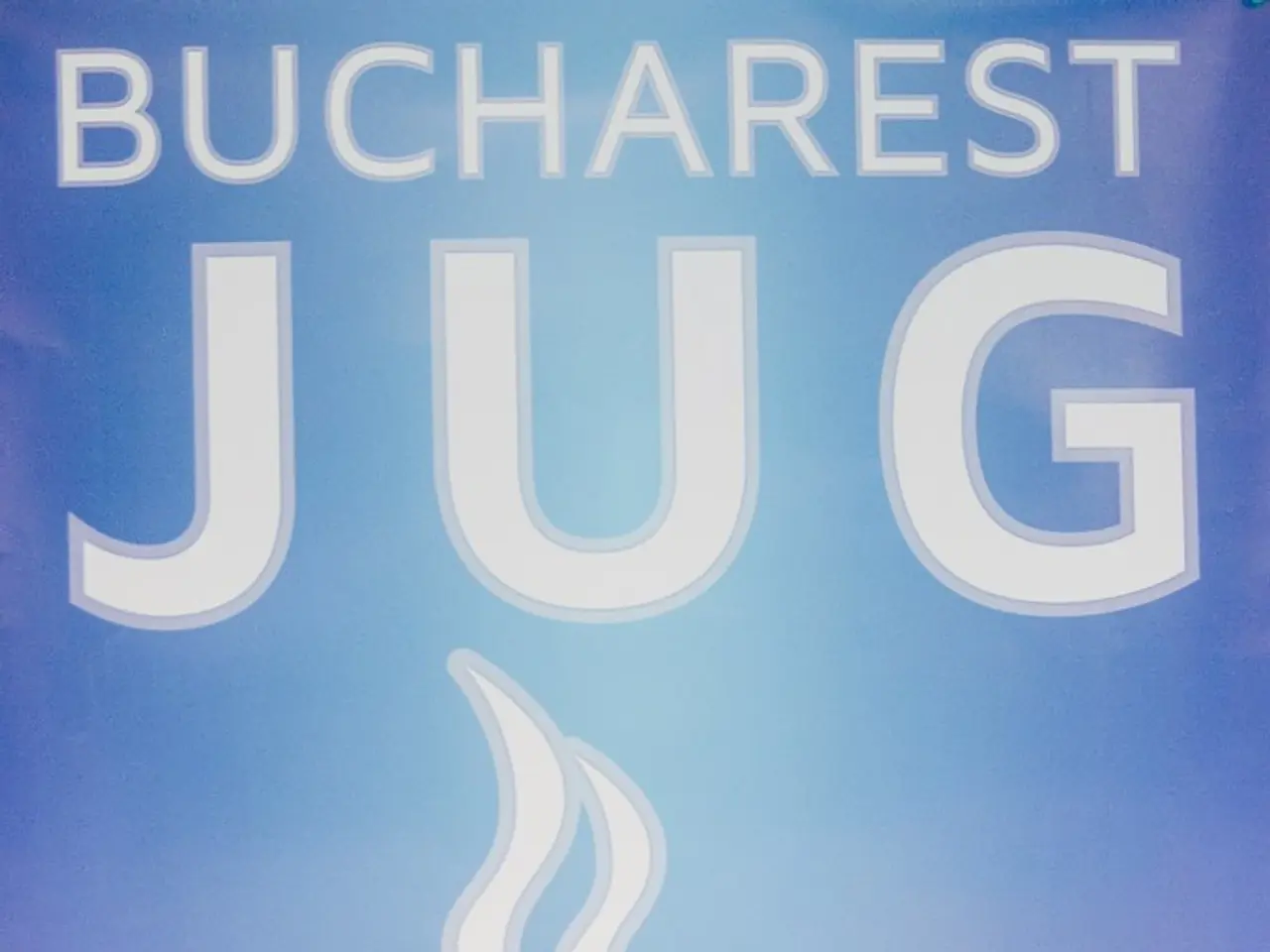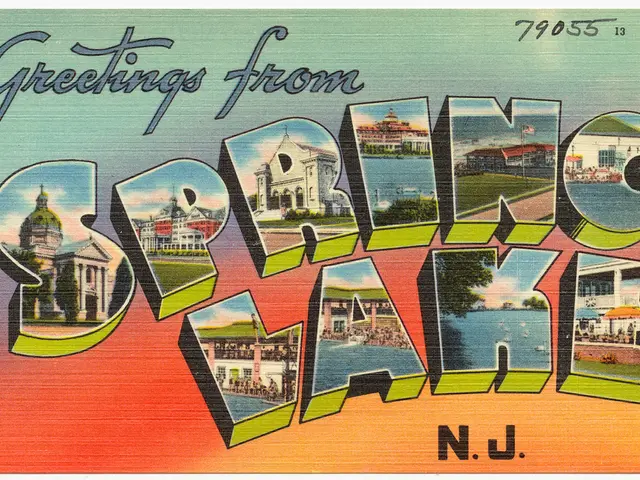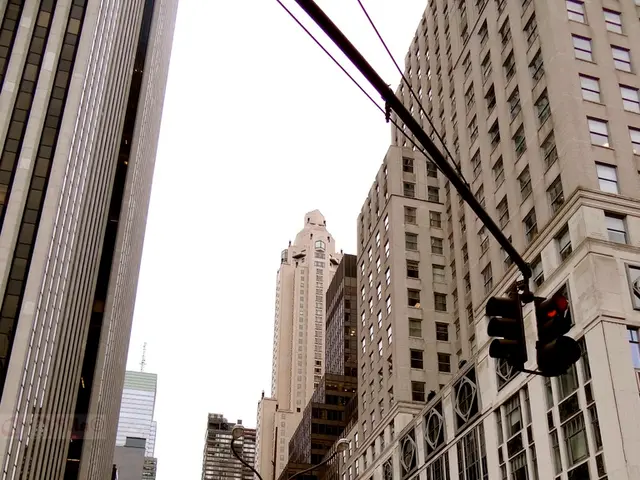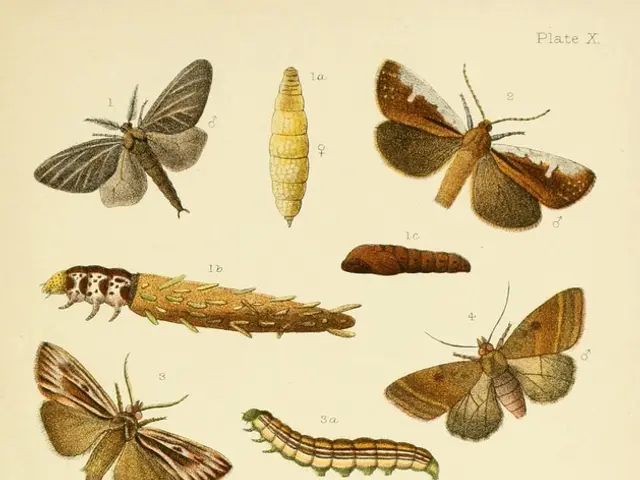Critics slam rise in tax for unprocessed plastic packaging waste within the business sector
The European Commission has proposed an increase in the levy for non-recycled plastic packaging waste, aiming to stimulate progress towards sustainability in Europe. The levy, currently set at €0.80/kg, is set to rise to €1/kg in 2028, and the Commission also suggests adjusting the levy annually to inflation from 2028 onwards.
However, several stakeholders, including environmental NGOs and representatives from the plastics industry, have raised concerns about the potential impact of this increase. They argue that increasing the levy may discourage investments in necessary infrastructure and prompt Member States to seek alternative financing solutions that do not necessarily support waste reduction efforts.
The signatories suggest that the levy should contribute to a dedicated fund helping Europe's plastics industry transition into a circular economy. They call for the European Commission to keep the 0.80 cent/kg in the Own Resource package and earmark the reinvestment of proceeds from the "Plastics Own Resources" into a Dedicated Fund for building a more circular economy for plastics.
The Dedicated Fund is aimed at ensuring effective collection and sorting practices, and fostering the integration of plastic recyclates in products. The plastics industry is currently struggling under the weight of high energy prices, labor and environmental compliance costs, de-industrialization across the EU, and continent-wide plant closures. The industry is focusing on transitioning towards a circular economy, supported by legislation such as the Packaging and Packaging Waste Regulation (PPWR), which mandates recycled content quotas for plastic packaging from 2030.
The Commission is also investigating the potential foreign subsidies received by ADNOC and Covestro in their acquisition. This investigation follows concerns that these subsidies could distort the EU's internal market. So far, Spain is the only country to enforce a €0.45/kg plastic tax on non-reusable packaging.
Participants in a campaign encourage the EU to address high recyclate costs, plant closures, and other aspects of the plastic recycling industry's 'broken economics'. If nothing is done, there is a fear that there will be no viable recyclers left by the time the PPWR comes into force, leaving industries reliant on virgin plastics and 'underpriced' imports.
The levy is intended to encourage progress towards sustainability, but its contribution depends on effective implementation and addressing potential impacts on competitiveness, material substitution, and enforcement to avoid fraud. An impact assessment of the levy's impacts is expected to ensure that any further action is focused on improving circularity for the plastics sector.
EuPC, Plastics Europe, and Petcore Europe, among others, have urged the European Commission to maintain the current levy and earmark the proceeds to fund a circular economy for the plastics sector. The European Commission's proposal argues that the current levy risks disincentivizing Member States from pursuing EU recycling targets. The signatories believe that the levy should help, not hinder, Europe's transition towards a more sustainable future.
Read also:
- "The imperfect yet essential documentary, "Planet of the Humans," raises challenging and uncomfortable inquiries"
- Exciting Escapades of Tintin
- More than half of British homes adhere to insulation standards established during the 1970s.
- Baden-Württemberg primarily relies on burning fossil fuels for heating purposes.








